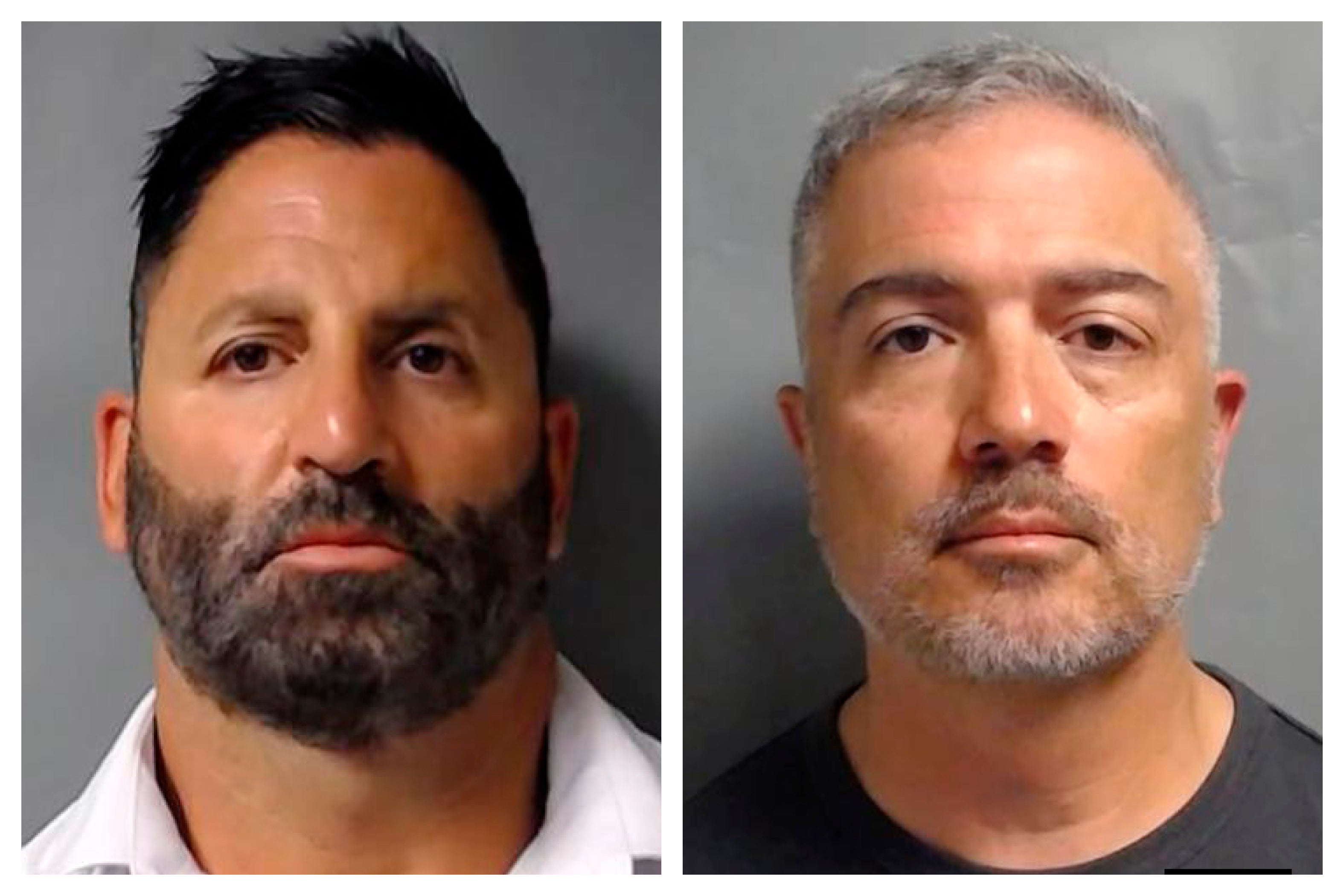Miami attorneys bankrolled DEA bribery scheme, federal prosecutors say
Federal prosecutors are expanding their investigation into a bribery scheme involving two former U.S. Drug Enforcement Administration supervisors, turning their attention to two Miami defense attorneys suspected of profiting from repeated leaks of confidential DEA information

Federal prosecutors are expanding their investigation into a bribery scheme involving two former U.S. Drug Enforcement Administration supervisors, turning their attention to two Miami defense attorneys suspected of profiting from repeated leaks of confidential DEA information.
The U.S. Attorney's Office in Manhattan filed court papers Monday accusing the lawyers of bankrolling the scheme and asking a judge to allow prosecutors to review nearly 1,000 emails, text messages and recordings of protected phone calls between the attorneys and Manny Recio, a former DEA agent who later worked for the attorneys as a private investigator.
Attorneys' communications with their clients and members of their investigative team are confidential and typically off limits from law enforcement, unless they are being used to carry out criminal activity. But federal prosecutors took the unusual step this week of asking a judge to invoke the “crime fraud exception" to this privilege, calling the communications between Recio and attorneys David Macey and Luis Guerra “integral to the bribery scheme."
The motion marked an about-face for prosecutors, who for years went out of their way to avoid naming the lawyers as unindicted co-conspirators and beneficiaries of the conspiracy. Neither Macey nor Guerra has been charged, but prosecutors referred to them as “crooked attorneys” who “paid handsomely for DEA secrets” during the two-week trial that ended with a jury finding Recio and former DEA agent John Costanzo Jr. guilty of bribery and honest-services wire fraud.
“We're here scheming about how we're going to make money, money, money,” Guerra said in one intercepted conversation with Costanzo.
Macey and Guerra have not responded to repeated requests for comment. Both attorneys are longstanding members of what is known in Miami as the “white powder bar,” a fiercely competitive circle of high-priced defense attorneys who scramble to sign up kingpin clients, negotiate surrender deals and convert them into government cooperators.
In such a lucrative field, advance notice of an indictment or ongoing investigations can be the key to successfully recruiting a new client. But paying public officials for inside information is illegal.
Prosecutors said in the trial that after Recio retired he repeatedly asked Costanzo to run names in a confidential DEA database that tracks federal investigations of interest to his new employers. The two also discussed the timing of the arrest of the top drug trafficker in the Dominican Republic and the the exact date in 2019 when the grand jury was to indict businessman Alex Saab, a top criminal target in Venezuela and suspected bag man for the country’s president, Nicolas Maduro.
“Throughout the bribery scheme, Costanzo repeatedly leaked information to Recio to benefit him and the attorneys he worked with,” prosecutors wrote in a 28-page memo that quotes from wiretapped communications between Recio and Costanzo presented during trial. “Costanzo was leaking information so that Macey and Guerra could bring in more clients, and part of the scheme required Recio to convey the inside information to Macey and Guerra.”
In exchange, the attorneys lavished the two veteran lawmen with nearly $100,000 in cash and gifts, federal prosecutors said.
Bribes included a $50,000 down payment for Costanzo to purchase a Miami-area townhouse that was wired via middlemen including Costanzo's father, himself a retired and decorated DEA agent who prosecutors said lied to the FBI.
“It’s about greed and corruption,” Assistant U.S. Attorney Emily Deininger said in her closing argument at trial. “What they were doing was wrong and they knew it.”
Macey last appeared in federal court in December for the sentencing of a client who pleaded guilty to distributing more than $16 million worth of adulterated prescription drugs. Guerra appears to have rebranded his practice to focus on personal injury cases, saying in a social media post, "With Guerra, it rains money!"
___
Mustian reported from New York.
Bookmark popover
Removed from bookmarks